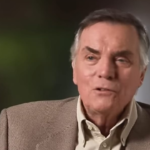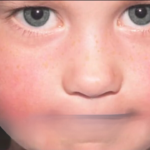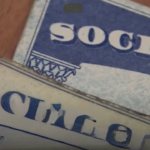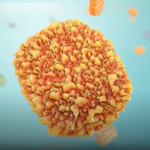I have a son with Angelman syndrome, just like Colin Farrell. I wish I had known
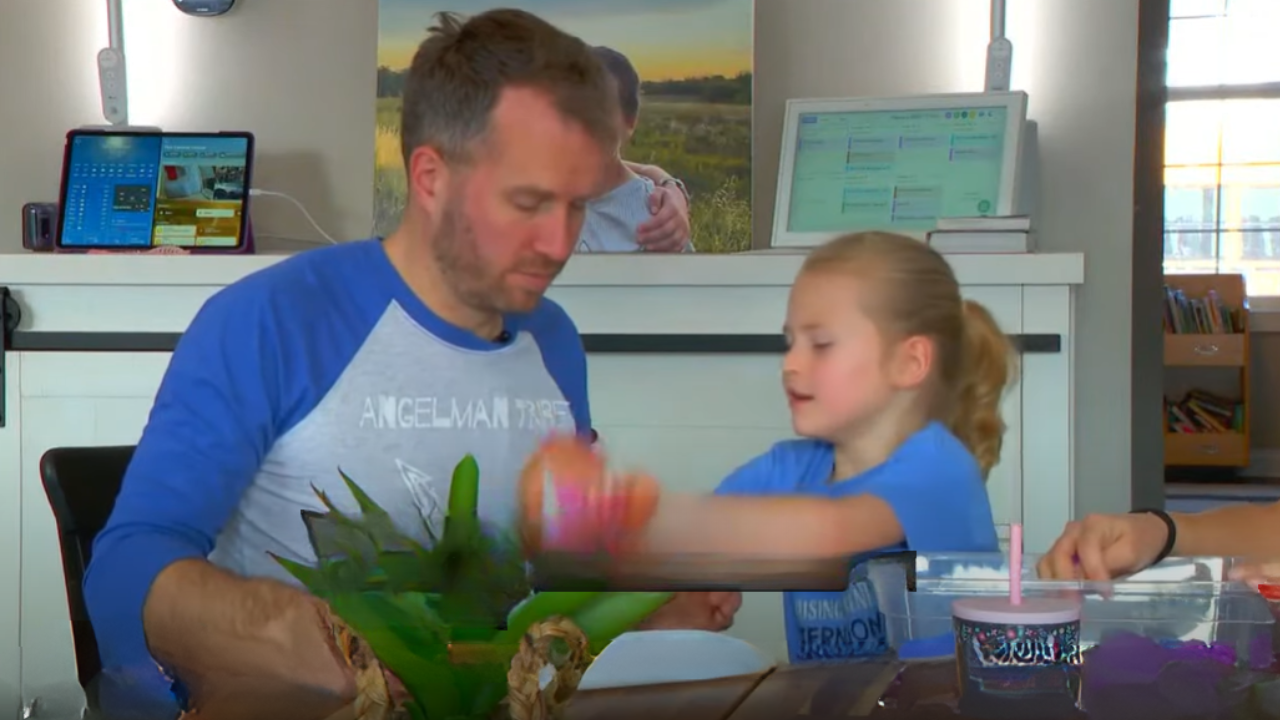
After our son Theodore was born, my husband Daniel and I soon realized how extraordinarily content he was. Kind of cheerful, such in “Clap along if you feel like a room without a roof.”
He was incredibly happy most of the time, seldom ever crying or making any noise. Even when he was hungry, sick, or in need of a diaper change, we hardly ever saw any depressing look on his tiny face.
My spouse and I were certain that we had won the lottery since our child was the happiest person alive. Theo has a captivating smile that could halt strangers in their tracks. We were overjoyed to discover that our child possessed a mystical quality, particularly one that fostered positive interpersonal relationships. We had no idea that his tremendous joy was a sign of something far more sinister.
The diagnosis that would forever alter our lives came just after Theodore turned one year old: he tested positive for Angelman syndrome, a rare neurogenetic condition. About 1 in 15,000 persons have AS, an equal-opportunity, random syndrome that primarily manifests as severe neurologic impairment. All races and genders are equally impacted by AS.
As an Angelman Syndrome parent himself, Colin Farrell just established a charity in memory of his son James, who turns 21 in September.
Farrell told People that James “has worked so hard all his life, so hard.” His jerky pace, repetition, and balance. At the end of his first feeding session, his face resembles that of a Jackson Pollock. However, he succeeds in feeding himself admirably. Every day, I feel proud of him because I believe he is magical.
What is the syndrome of Angelman?
The 15th chromosome genetic microdeletion causes massive global delays in children with AS, despite their brains being perfectly normal and anatomically correct. These delays include debilitating seizures, motor and mobile afflictions, loss of functional speech, dyspraxia (a developmental motor coordination disorder), and apraxia (the inability to perform purposeful actions).
AS is frequently misdiagnosed as autism or cerebral palsy. It’s interesting to note that Angelman children tend to be extremely gregarious and have a cheerful demeanor. They radiate love and, in Theo’s instance, provide frequent hugs and kisses. My son enjoys sharing his adoration and creating new friends, as many people who have met him will attest.
The bright side, in my opinion, is that he manages to maintain his happiness in spite of the enormous obstacles on his path. Theo began walking at the age of three and has experienced his fair share of seizures. He also lacks basic functional speech abilities. To manage his seizures, he follows a particular diet and takes medicine every day. For the first three years of his life, he slept very little, and it’s only now that he’s starting to sleep somewhat regularly.
Over the past few years, we have worked to create a silent language between Theo and us by deciphering his movements and facial expressions. By building on these small but significant exchanges, we are better able to comprehend how Theo thinks and what he is trying to say. Our family, like many others, is committed to using Augmentative and Alternative Communication (AAC) apps so that our non-verbal youngster, Theo, can communicate with us by tapping symbols on his iPad.
I think we’re doing a very good job of figuring things out, but I have to face facts. Our lives have drastically changed since we found out we were diagnosed, and they are not easy. For me, accepting myself has turned into a daily practice. For me, it is helpful to concentrate more on my son in the here and now and to think less about the future. As I type this, he is grinning, so everything is good.
